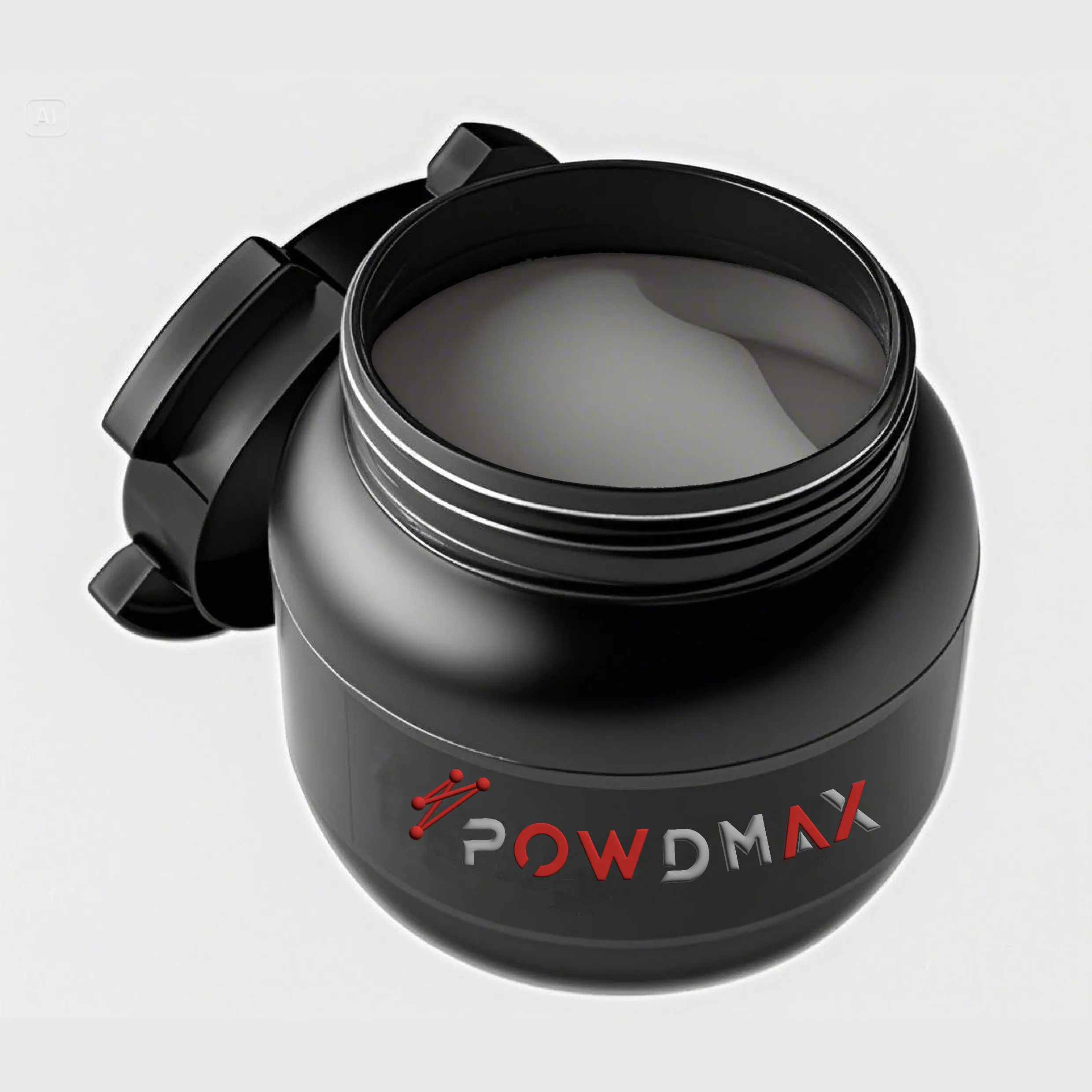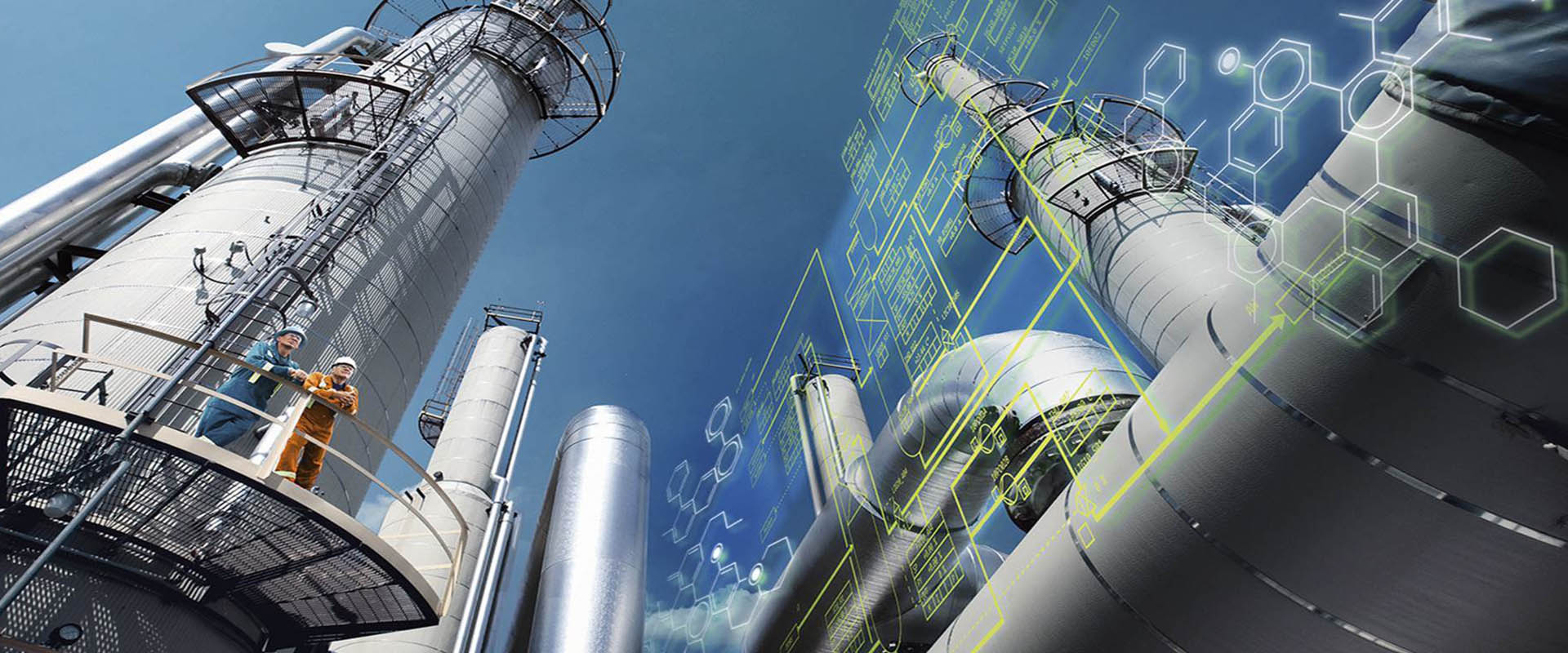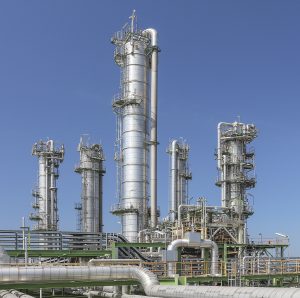Water pollution is a pressing global issue that affects the health of ecosystems and human populations alike. Identifying the industries responsible for the majority of water pollution is crucial for developing effective mitigation strategies. In this article, we delve into the depths of various industries and uncover the top culprits behind water pollution.
- Industrial Manufacturing:
Industrial manufacturing processes, particularly in sectors such as chemical production, textiles, and electronics, contribute significantly to water pollution. The discharge of toxic chemicals, heavy metals, and untreated wastewater from these industries poses a severe threat to water bodies. Effluents containing substances like lead, mercury, and cyanide can have devastating effects on aquatic life and contaminate drinking water sources. - Agriculture and Agribusiness:
While essential for sustaining global food production, agriculture and agribusiness activities are major contributors to water pollution. The excessive use of fertilizers, pesticides, and herbicides leads to runoff, contaminating nearby water sources. Nutrient pollution, primarily from nitrogen and phosphorus, causes harmful algal blooms, depletes oxygen levels, and disrupts aquatic ecosystems. - Mining and Resource Extraction:
Mining operations, including coal, metal, and oil extraction, have a significant impact on water quality. Acid mine drainage, a byproduct of mining activities, releases toxic substances such as heavy metals and sulfuric acid into water bodies. These pollutants can persist for decades, rendering the affected water sources unfit for consumption and harming aquatic life. - Energy Production:
The energy sector, particularly power generation from fossil fuels, contributes to water pollution through various mechanisms. Thermal power plants require vast amounts of water for cooling, which is often withdrawn from rivers and lakes, disrupting aquatic habitats. Additionally, the discharge of pollutants, including heavy metals and organic compounds, from power plant effluents further degrades water quality. - Municipal Wastewater:
Urban centers generate substantial amounts of wastewater, which, if not properly treated, can pollute water bodies. Inadequate sewage treatment infrastructure or outdated systems can result in the release of pathogens, nutrients, and pharmaceutical residues into rivers and oceans. This pollution poses risks to both aquatic ecosystems and human health.
Conclusion:
Water pollution is a complex issue influenced by multiple industries. By understanding the significant contributors to water pollution, we can develop targeted strategies to mitigate its effects. Industries must adopt sustainable practices, invest in advanced wastewater treatment technologies, and prioritize environmental stewardship to safeguard our precious water resources for future generations.










+ There are no comments
Add yours